
An American filmmaker travels to modern day Berlin to make a film based on a real-life incident from 1942 in which 13 Jewish prisoners from a concentration camp were promised freedom if they appeared in a German propaganda film. Unfortunately, the Germans lied. The psychological process undergone by the modern filmmaker while shooting the story provides the basis of this arty and challenging film.
You May Also Like

From local filmmaker Sudeshna Sen comes this touching coming-of-age story about a South Asian-American 12-year-old who believes her recently passed grandfather may be coming back as the holy reincarnation of Siddhartha.
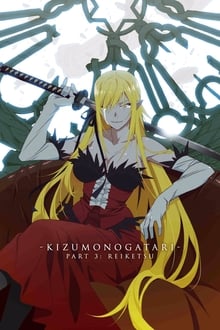
With help from Meme Oshino, the apparition specialist, Koyomi defeats the three powerful vampire hunters: Dramaturgy, Episode and Guillotinecutter. Koyomi takes back all the limbs of Kiss-shot Acerola-orion Heart-under-blade in order to become a human again.

Emile is fifteen. He lives in Montargis, between a sweet-crazy father and a mother who has always dyed his hair blond, because, it seems, he is more beautiful like that. When the girl who pleases him more than anything invites him to Venice for the holidays, he is overjoyed. Only problem, his parents decide to accompany him – This is the story of a teenager born into an unclassifiable family, the story of a first love, miraculous and fragile. This is the story of an initiatory and incredible journey where life often takes unawares, but where Venice, it will be at the rendezvous.

Culloden is a 1964 docudrama written and directed by Peter Watkins for BBC TV. It portrays the 1746 Battle of Culloden that resulted in the British Army’s destruction of the Scottish Jacobite uprising and, in the words of the narrator, “tore apart forever the clan system of the Scottish Highlands”. Described in its opening credits as “an account of one of the most mishandled and brutal battles ever fought in Britain”, Culloden was hailed as a breakthrough for its cinematography as well as its use of non-professional actors and its presentation of an historical event in the style of modern TV war reporting. The film was based on John Prebble’s study of the battle.
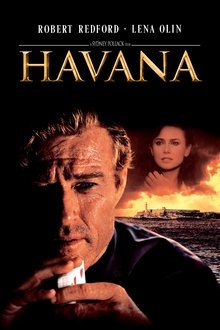
An American professional gambler named Jack Weil decides to visit Havana, Cuba to gamble. On the boat to Havana, he meets Roberta Duran, the wife of a revolutionary, Arturo. Shortly after their arrival, Arturo is taken away by the secret police, and Roberta is captured and tortured. Jack frees her, but she continues to support the revolution.
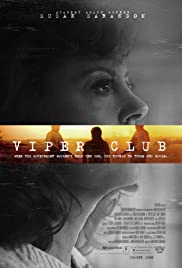
ER nurse Helen Sterling struggles to free her grown son, a journalist captured by terrorists in the Middle East. After hitting walls with the FBI and State agencies, she discovers a clandestine community of journalists, advocates, and philanthropists who might be able to help.

In the week that follows Princess Diana’s tragic death on 31 August 1997, four separate stories unfold as four ordinary lives are all affected in different ways in this commemorative drama from writer Jeremy Brock and director Peter Cattaneo.
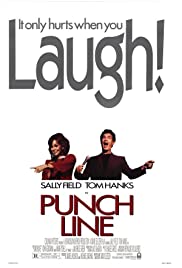
Lilah Krytsick is a mother and housewife who’s always believed she could be a stand-up comedian. Steven Gold is an experienced stand-up seemingly on the cusp of success. When the two meet, they form an unlikely friendship, and Steven tries to help the untried Lilah develop her stage act. Despite the objections of her family and some very wobbly beginnings, Lilah improves, and soon she finds herself competing with Steven for a coveted television spot.

One evening, Princess Sakura (Kyoko Hinami) is attacked by a man. At that time, the Princess could not see his face. and only sees a tattoo on his body. Because of that that night, Princess Sakura falls in love with the man. In order to find the man she gives up everything and gets the same identical tattoo. The princess then works as a prostitute. Meanwhile Gonsuke (Munetaka Aoki) is the man who attacked Princess Sakura. He also stole a scroll and, because of that, he is chased by assassins.
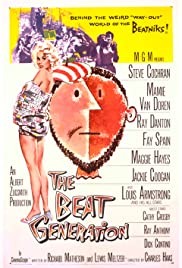
A group of beatniks unwittingly harbor a serial rapist. A cop goes after him after his wife is attacked.